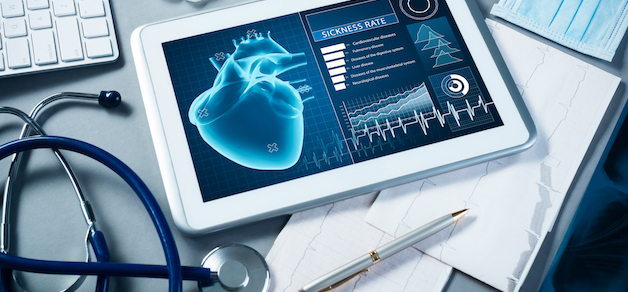
Think back for a moment about your life in the healthcare system. Over the years, you’ve visited a lot of different medical practitioners for a variety of different things. You’ve seen:
- A general practitioner for general care
- Specialists for specific problems along the way
- An x-ray technician when you thought you broke your ankle
- The lab when your doctor requested blood work
- A pharmacist to pick up your medication
- An ob-gyn when you started your family
In and out you’ve weaved through medical facilities and doctors offices as you worked hard to stay as healthy as possible.
Do you know where all of your medical records are? Do you have a copy of everything?
No?
Blockchain can help us assemble all of that data in real-time to provide anyone at any time a true picture of our health. It creates transparency along the way.
If someone internally makes a change to an electronic health record, there will be a record of it that can’t be destroyed. Everyone you see puts in their piece to your health record puzzle, and with the right credentials, anyone will be able to access those records to see the complete picture you’ve created.
The opportunity is abundant. And individual niche fields are looking at it in exciting ways.
For example, the pharmaceutical industry will be able to use blockchain to enable both transparency and visibility through the drug supply chain. It will track every drug to the point of origin, meaning anyone at any time can follow a drug on its path if something goes wrong. On the patient side, anyone will be able to get a clear picture of what medications a patient takes and for how long. No more side effects from not realizing what medications a person has been prescribed.
Of course, with opportunity also comes risk. From our perspective, two main risks still need to be addressed.
- Because blockchain makes your entire health record puzzle available, how will we as a society define who should have access? And at what level? Do we really want to hand over default-mode keys to just anyone we meet in a healthcare facility with a badge?
- How do you create levels with something that’s an open-book system, to make it easy to find exactly what you need without putting all of your other information at risk? If you check into an emergency room, the staff may need instant access to data describing your allergies and your medications. It may literally be a life or death situation. But how do you weave through all of your information quickly without releasing things the emergency staff doesn’t need to know?
Do the benefits outweigh the risks? This is the direction we’re heading. And there are a lot of positives to having blockchain control over our healthcare records.
But if you aren’t working to solve the risks while you implement new technology, what doors will open up that we may not want unlocked?
For IT Strategy, Cloud Conversion, or Help Desk Services reach out to us at Silver Linings Technology 360-450-4759.


